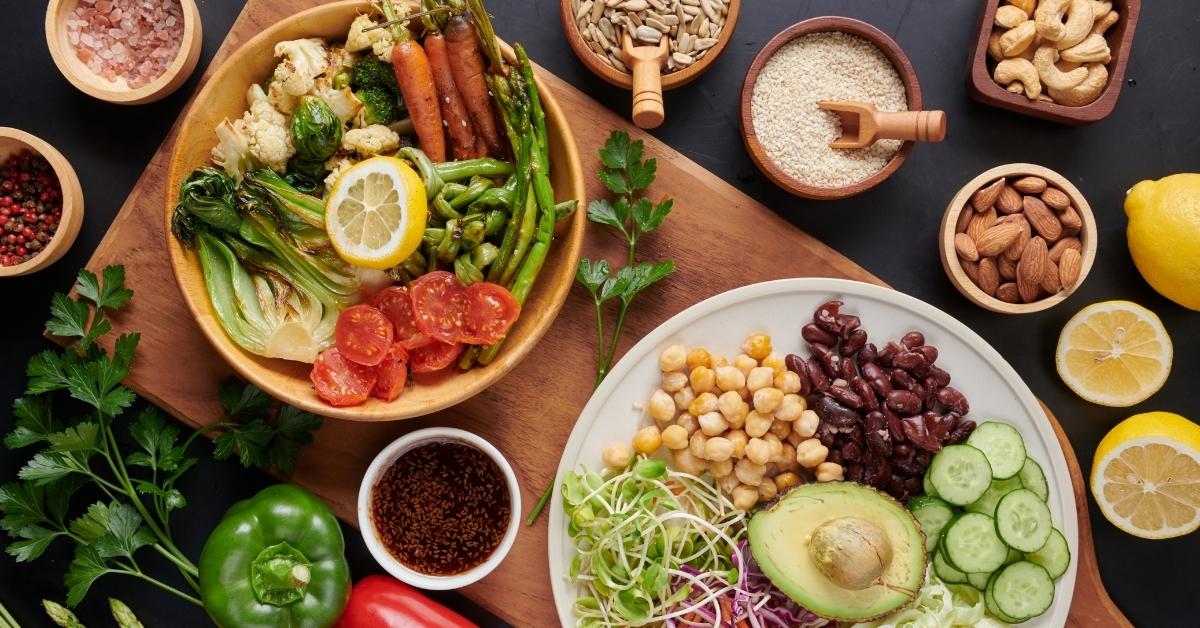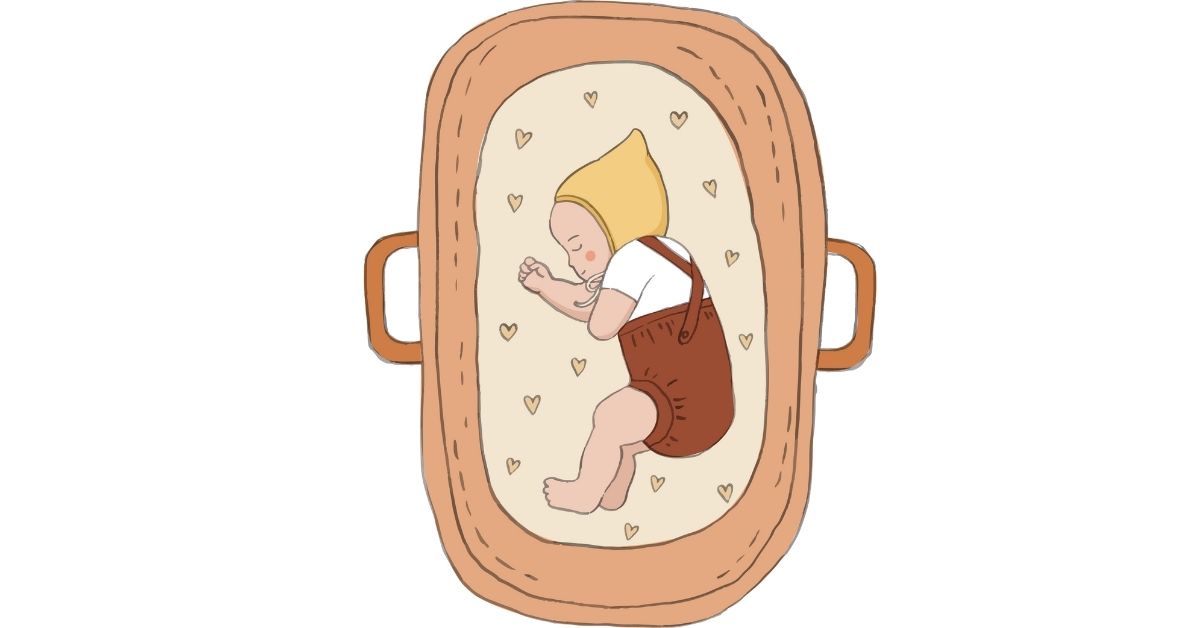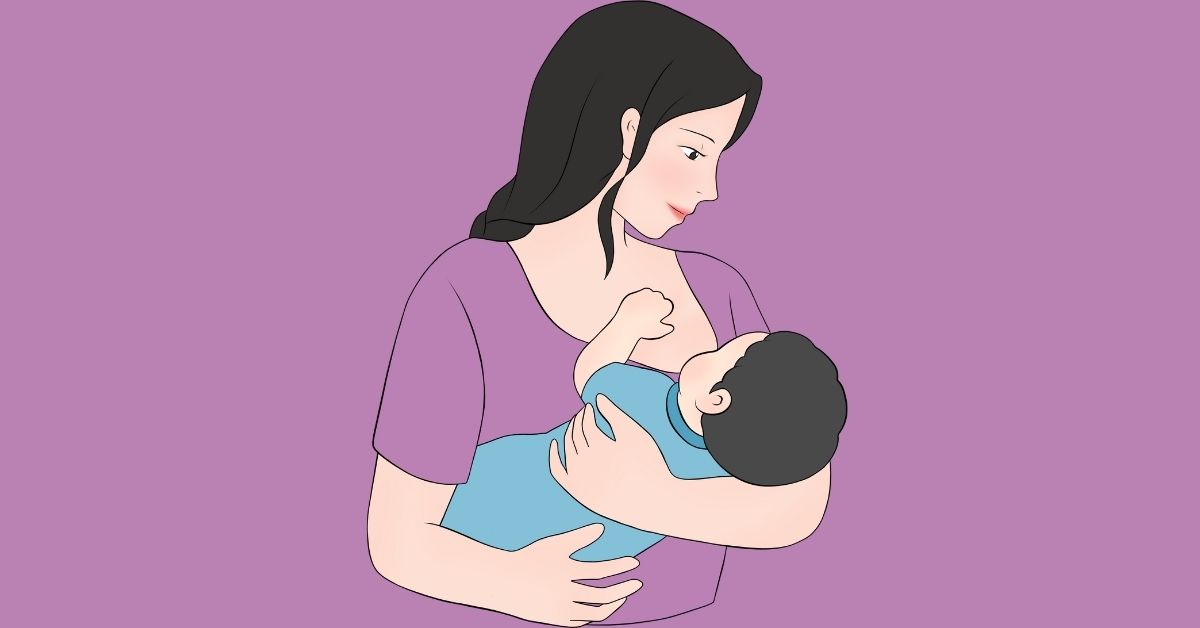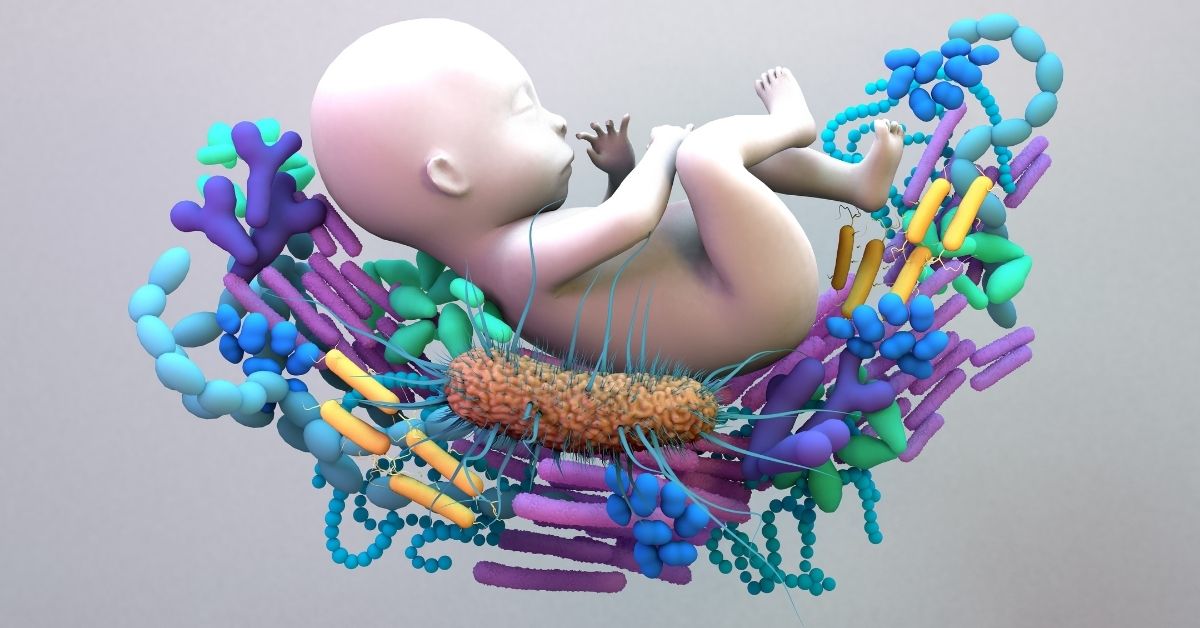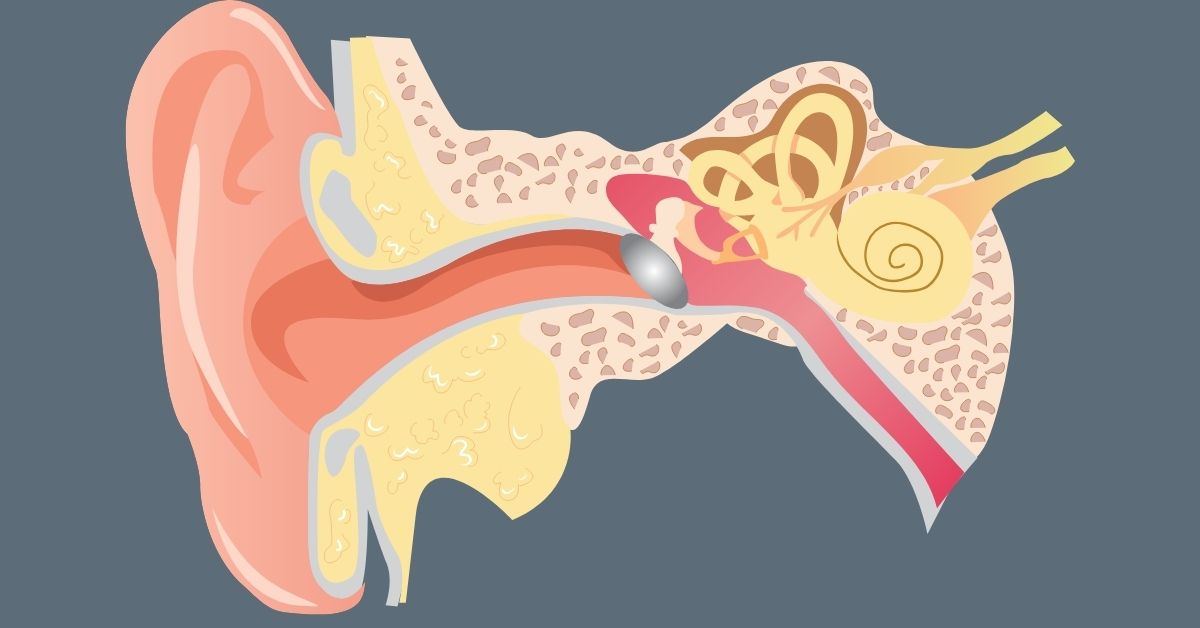Motherhood is undoubtedly the best phase in a woman’s life. It is like a dream come true when you hold your bundle of joy in your arms. However, the tenure of nine months of childbearing brings about a long-term physical and psychological effect. Although having a baby can be a joyous occasion, it is not a hidden secret that new mothers also have to deal with postpartum depression. Furthermore, post-pregnancy your immune cells weaken drastically. Your metabolism goes for a toss, and not to mention how the fluctuating hormones play havoc in your life after childbirth. Well, it does sound like you have to deal with several things once the baby arrives. To keep up with the pace, it would be a good idea to maintain healthy food habits. You are concerned about your newborn and his or her diet, but you should not ignore your health either. You would need to device a diet that would give you the physical and psychological strength. Let’s discuss the healthy food habits for women post your pregnancy.
In this article:
Dairy Products
A breastfeeding new-mom should add low-fat dairy products in their regular diet. As a part of healthy food habits for women, items such as milk, cheese, yogurt, etc. should be incorporated in your meals. They are rich in calcium, protein, potassium, vitamin A and vitamin D. Consumption of approximately three cups of dairy items per day should complete the requirement of your body.
Blueberries And Citrus Fruits
Some ladies are victims of depression after having a baby. Sneak in some fruits such as blueberries to drive away your blues. They are not only a delicious treat but also supply daily nourishment of vitamins and minerals. Citrus fruits such as oranges and grapefruits help you get the daily dosage of your vitamin C. If you do not have time, you can buy calcium-fortified orange juices from the superstore. Ensure that you get more than two servings of fruits daily.
Legumes
Usually, doctors prescribe ladies with iron-supplements post-pregnancy. Legumes are an essential part of the postpartum diet for women. They are a rich source of iron, protein, folate, magnesium, potassium, fiber, and carbohydrates, particularly for vegetarian women. These small seeds are blessing in disguise for vegan mothers. They work best to provide you with the required protein that your body needs after childbirth. Dark-colored beans such as kidney beans, black beans, soybeans, etc. do wonders when you are breastfeeding.
Salmon
If you are breastfeeding your little one; you should include salmon in your daily diet. Salmon is a type of fish that is rich in DHA. Usually, doctors do not recommend fish in the postpartum diet for women. However, in comparison to other kinds of fish, the mercury level is almost negligible in salmon. Docosahexaenoic Acid contains omega-3 fatty acid, which helps to generate brain cells. Eating salmon enhances the function of the brain, increases the flow of blood to the brain, and boosts attention span. If you want brainy kids, dig into a salmon for lunch today. You need to ensure that your intake of salmon is not more than 12 ounces per week.
Brown Rice Or Whole-Wheat Bread
Do not be too quick to curb your carbs. Go slow before you begin dieting. You need to give your body some time to recover from childbirth. Whole-grain should be a part of the postpartum diet for women who recently gave birth to a child. Whole-wheat bread or brown rice is good for breastfeeding mothers. Moreover, they provide you with the necessary energy you need to keep up with your active toddler.
If you maintain healthy food habits and find time to exercise moderately, you will make it through the roller coaster ride of parenthood. Remember, a healthy child belongs to a healthy parent.


